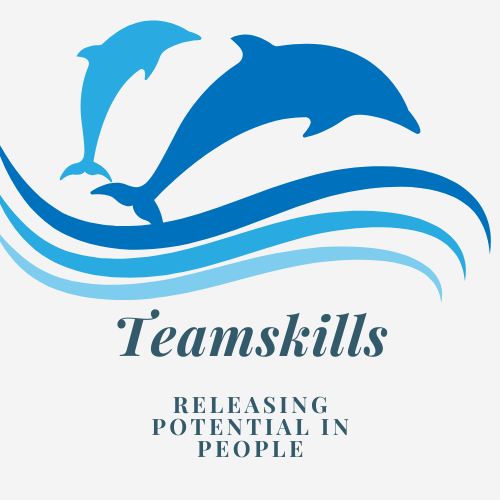 To anyone new to a managerial or team leadership position how to deal with and get the best out of people can be seen as daunting. How do I make the transfer from being one of the team on Friday to leading and managing them on the Monday?
To anyone new to a managerial or team leadership position how to deal with and get the best out of people can be seen as daunting. How do I make the transfer from being one of the team on Friday to leading and managing them on the Monday?
What do I do?
What is really important? What do I focus on?
In this first of two articles we look at the power of communication as being in instrumental in gaining the commitment and respect and achieving results through others. Your ‘attitude says it all’ and the willingness to show that you want to communicate openly is vital.
In the second article we will look at Management By Walk About (MBWA) and see why it is so powerfully effective if done properly and how to do it.
Communication, that’s the name of the game
And each generation plays it the same……
WINNING COMMITMENT
Winning people’s commitment through motivation and leadership demands the application of both knowledge and skill.
One skill, communication deserves particular focus; its effect on every aspect of management can’t be overestimated.
If you don’t communicate you can’t manage.
One of the difficulties in dealing with communication is that it has so many different meanings on so many different levels.
Communication can be regarded as a set of skills – speaking, writing and using all the appropriate channels and methods, email, telephone, social media etc.
More importantly communication can be seen as an attitude of mind.
If managers don’t want to communicate (fully) or don’t see why people should expect to have information or understand what’s going on, then all the skills in the world can’t help.
WOULD YOU FOLLOW YOU?
The way you behave as a manager actually communicates more far more loudly than what you say.
So the first essential for a good manager is not to develop a silver tongue but to demonstrate an attitude that places value on communication. What and how you communicate but both are less important than why you are saying it.
It isn’t enough for people to understand what you mean. If you are to get buy in your communication has to work on people’s feelings as well as their intellect.
It’s your responsibility as a manager to develop the right feelings, hold their interest, generate enthusiasm, and gain their commitment through your communication and attitude.
FAILURE TO COMMUNICATE
Failure to communicate suggests your staff are not worthy to be told – It breads apathy and insecurity and allows the grape vine to prosper and flourish.
KEEP YOUR STAFF IN THE PICTURE
As a manager talk with your staff at regular intervals about the things that affect them, interest them or may influence the way they do their work.
Communicate about:
Organisational progress, difficulties and successes
Relevant events and trends in your and related businesses
The implications of these to the problems, opportunities and changes these may bring about
The way that you are generally thinking about the future against this background
Plans and policies and the reasons for them
KEEP YOURSELF IN THE PICTURE
Good communication means knowing as well as telling. It is knowing about the progress of your staff’s work and the progress they are making and the results they are achieving as individuals and as a team.
Keep yourself regularly informed and ensure your staff know you do so as well.
About the work
How it is progressing in terms of results, quality time and cost
What is preventing the work from being done smoothly and efficiently?
Where the blockages are and what can you do to remove them, minimise them etc.?
What plans need modifying to cope with changing condition, altered needs and unforeseen events?
About your staff
The effort they put in,
The achievements they make
Their uniqueness as individuals
Their motivations and what ‘makes them tick’
Who needs help and support
Levels of morale and commitment
Remember: ‘What you notice gets noticed’
For more detailed information about our management and team leadership training programmes held in Worthing, Brighton, Crawley and throughout Sussex and Kent contact us at www.teamskills.co.uk or telephone Conrad or Suzanne Potts on +44 (0)1903 778977






